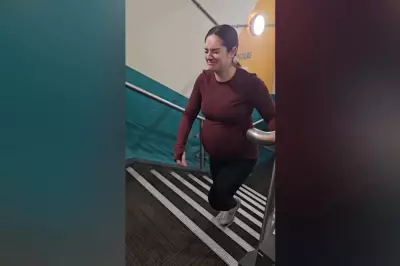
McFly star Harry Judd and his wife Izzy have courageously shared their family's journey with their daughter Lola's rare autism diagnosis, shedding light on the little-understood condition known as Pathological Demand Avoidance (PDA).
The Moment Everything Changed
In an emotional revelation, the couple disclosed that their four-year-old daughter Lola was diagnosed with PDA last year, a profile on the autism spectrum characterised by an overwhelming need to avoid everyday demands and expectations.
'It's been a challenging but enlightening journey,' Harry confessed. 'Understanding PDA has completely transformed how we parent and support Lola.'
What is Pathological Demand Avoidance?
PDA remains one of the most misunderstood aspects of autism. Unlike typical autism presentations, children with PDA exhibit:
- Extreme anxiety around everyday demands
- Social manipulation to avoid requests
- Surface-level sociability that masks underlying difficulties
- Mood swings and impulsivity
- Comfort in role play and fantasy
A Family's Adaptation
The Judd family has completely restructured their approach to parenting since the diagnosis. 'It's about working with Lola, not against her,' Izzy explained. 'We've learned that direct demands trigger her anxiety, so we've adopted more collaborative approaches.'
Harry, known for his Strictly Come Dancing victory in 2011, emphasised how the diagnosis has brought their family closer together. 'We're learning every day, and Lola is teaching us so much about seeing the world differently.'
Breaking the Stigma
By speaking out, the Judds hope to raise awareness about PDA and support other families navigating similar challenges. 'There's so little understanding about PDA,' Harry noted. 'If sharing our story helps even one other family feel less alone, it's worth it.'
The couple also parents their son Kit, and they're determined to create an environment where both children can thrive while supporting Lola's unique needs.





